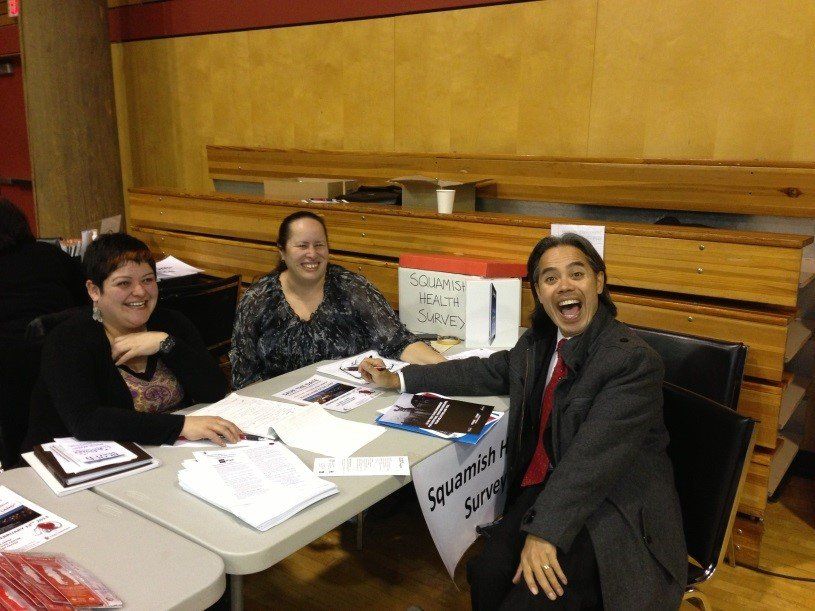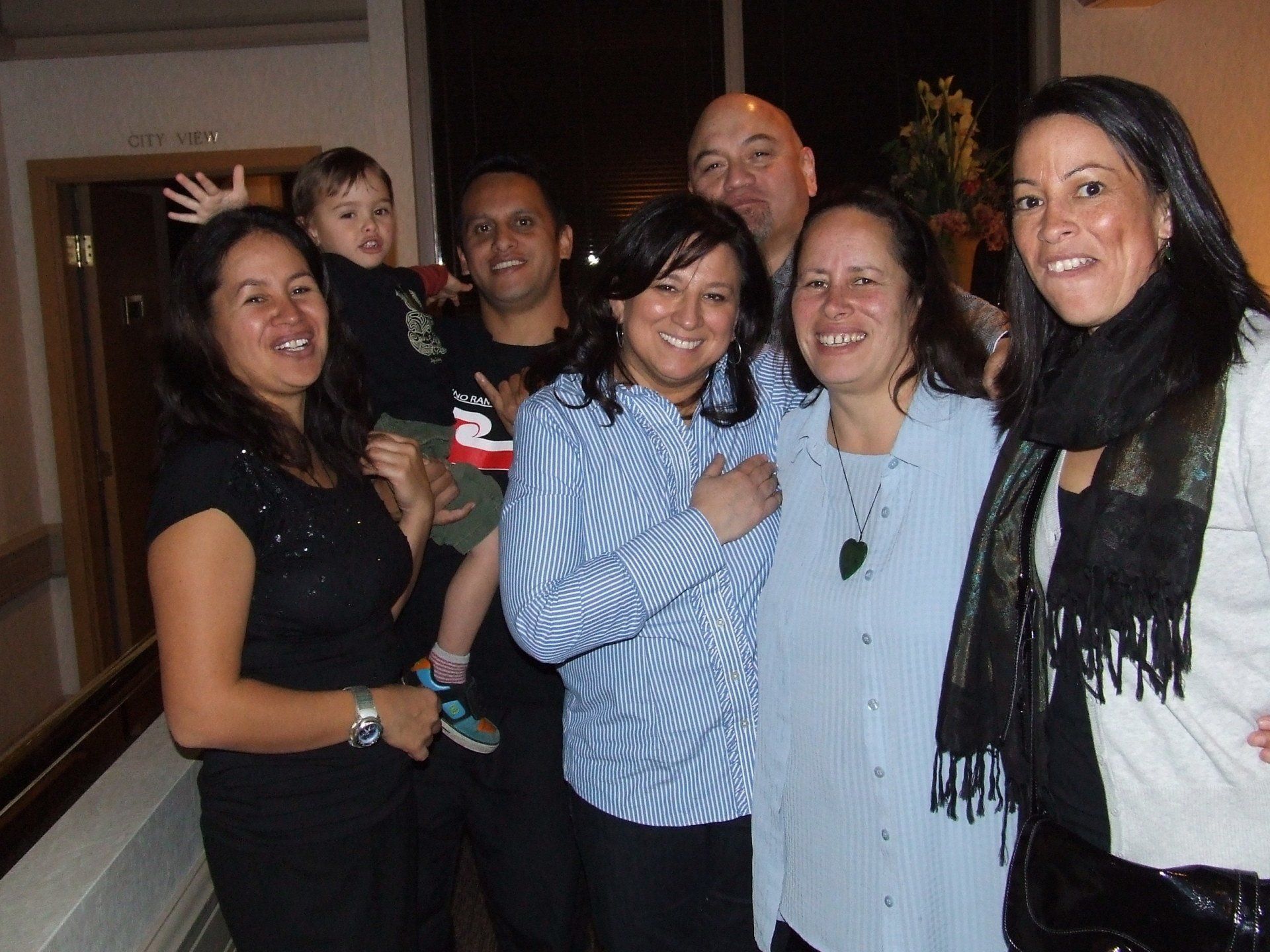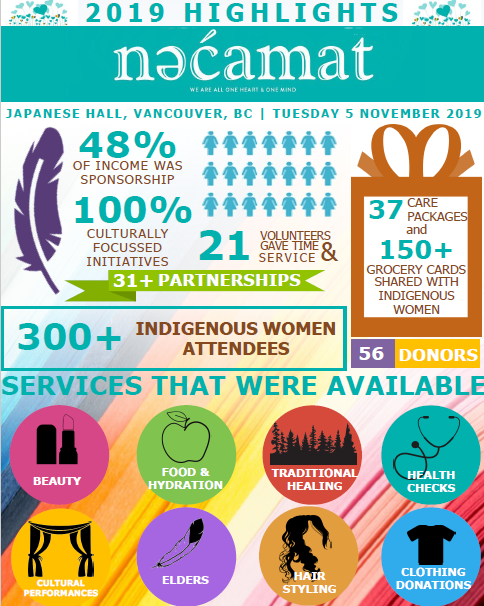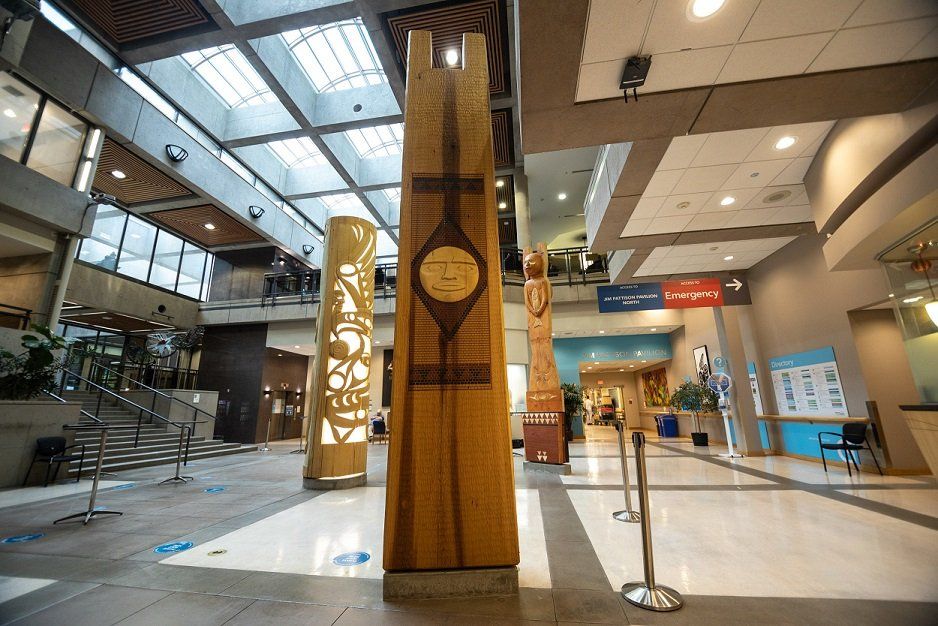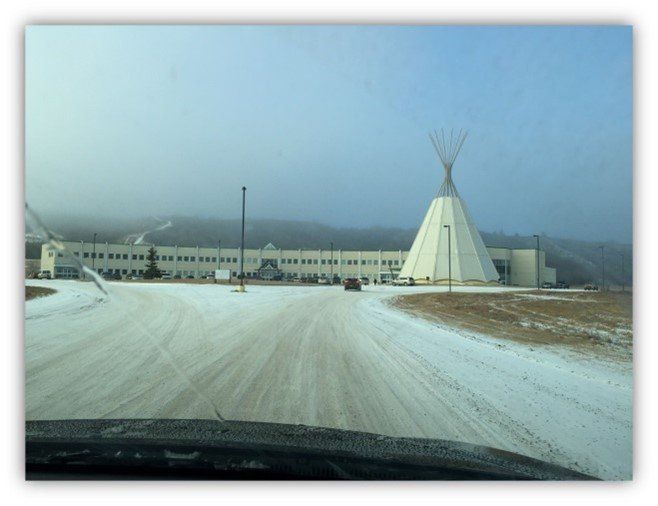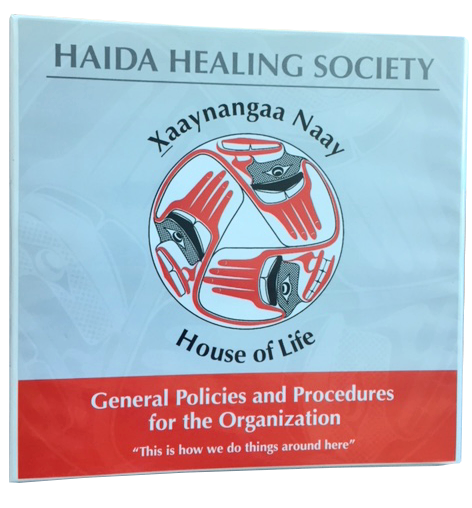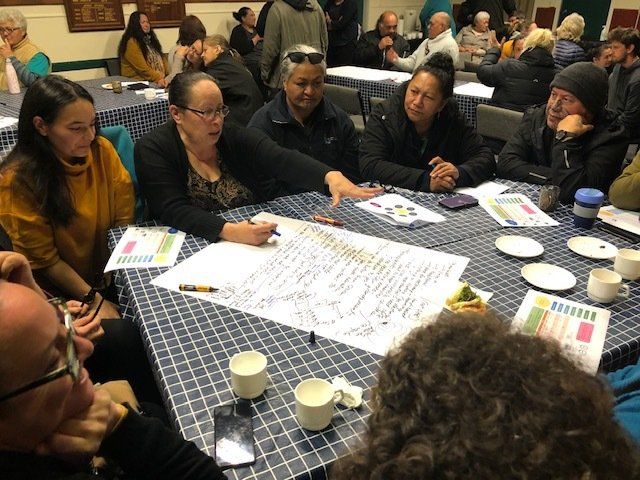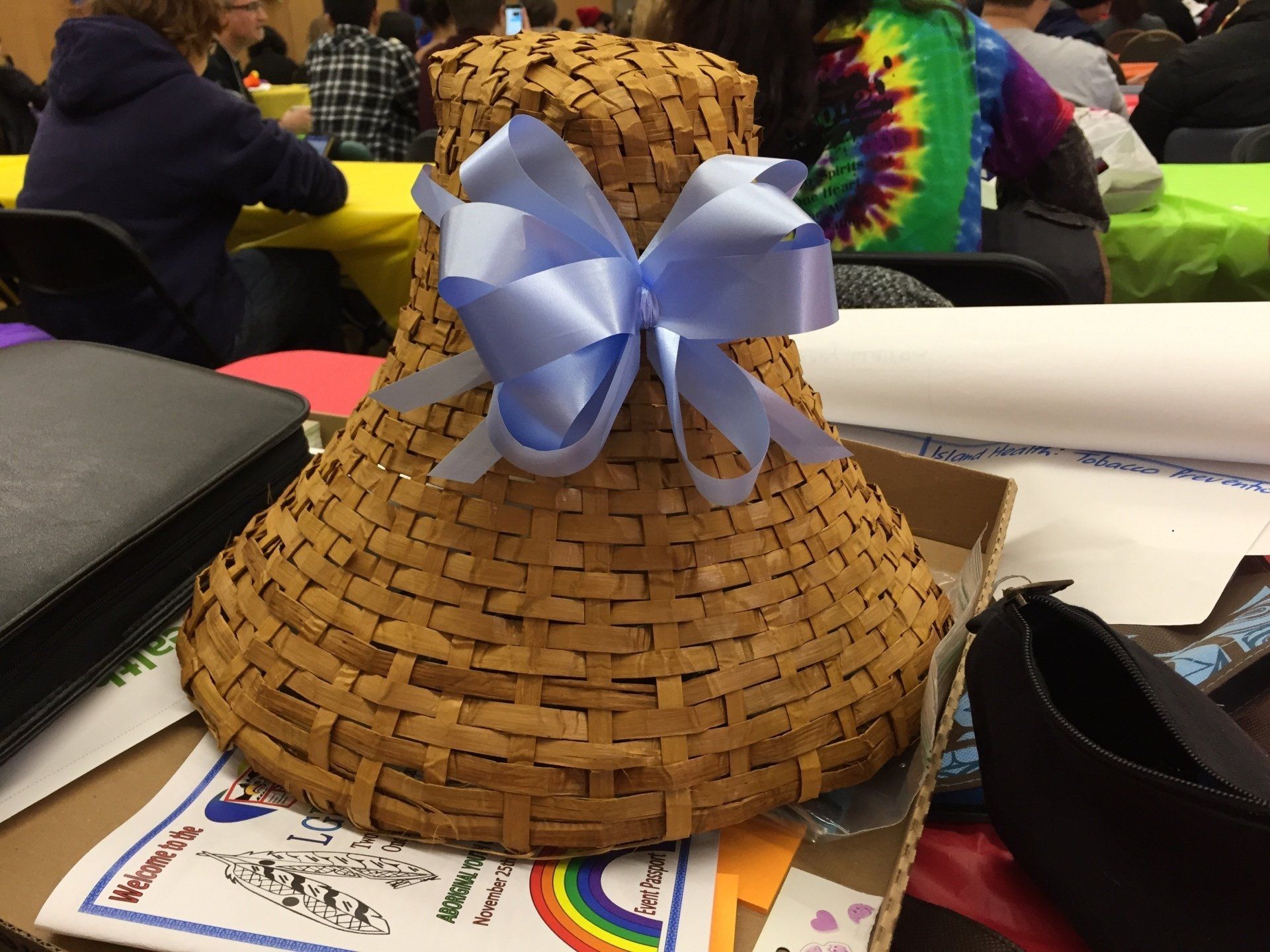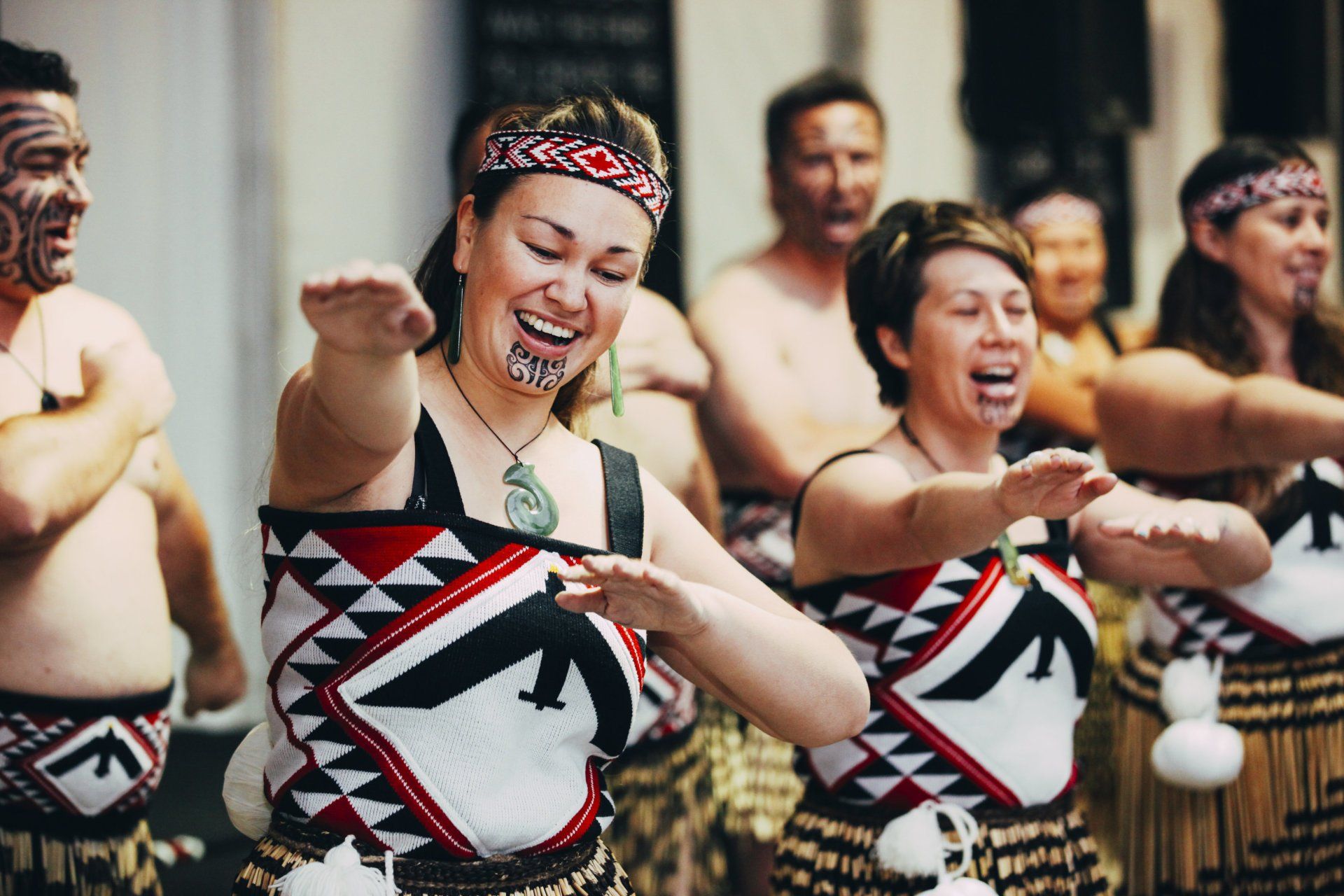WHĀNAU RELATIONSHIPS IN RESEARCH
Kāhui Tautoko Consulting has conducted numerous research and evaluation projects since we started operating in the year 2000 – projects here in Aotearoa New Zealand, in Canada and in Hawai’i. The number one consideration in carrying out these projects is our ability to recruit and engage with indigenous participants.
We’ve evaluated programmes for small indigenous organisations (e.g. evaluating a First Nations 10year Community Health Plan), for large indigenous organisations (e.g. the National Hauora Coalition’s Te Wā Korero programme) and for government (e.g. evaluation of the Māori Focus Units within New Zealand’s Prisons). We’ve also conducted short and long-term research projects such as looking at the Impact of Alcohol on Maori and Pasifika Whānau wellbeing; reviewing the Canada First Nations Non-Insured Health Benefit programme across Canada; and the Native Hawaiian Health Care system.
The number one consideration in carrying out these projects is our ability to recruit and engage with indigenous participants – Kaimahi (workers, practitioners and professionals), whānau / community members and government officials.
Some of these participants already know about the project and are both obliged and often keen to participate – these are usually the managers of the organisations or government officials. But for whānau and community members – a request to participate in such a project often comes out of the blue. So for us their willingness to participate relies on the level of trust they have in us to protect their interests and not to abuse the privilege of accessing their knowledge and personal insights.
If we didn’t spend the time forging relationships with our indigenous client organisations, with our friends, colleagues and networks and within our own whānau – we wouldn’t be able to reach the whanau participants we need. Through investing in these relationships – we are able to ring a whanau or contact and say “kia ora e hoa, we are doing this project that needs 10 wahine Maori from your area aged under 30 – can you help?” and not once have we ever been turned down. We know this because (a) we trust these whanau and contacts as much as they trust us and (b) we know they are reliable and they know we would never mistreat, abuse or damage our relationship either with them or with the wahine they refer to us.
That level of trust comes about from years of relationship-building – from attending events and hui they run just to tautoko (and not for work purposes); supporting their fundraisers with donations; compensating both our contacts and our participants appropriately for their time in project participation; and from sharing those “cuppa tea” moments just for the sake of it – with no work agenda to speak of.
As one of our younger whanau members once said, when asked why she was constantly on social media “you have to nurture your relationships” – we at Kāhui Tautoko know this intimately. We honour both our whānau, community members and our network of contacts, friends and colleagues for all you do to support us. It is through you that our people get to have a voice in these important projects and to influence change, learning and transformation!
Search Posts
Sort by Category
Most Recent Posts
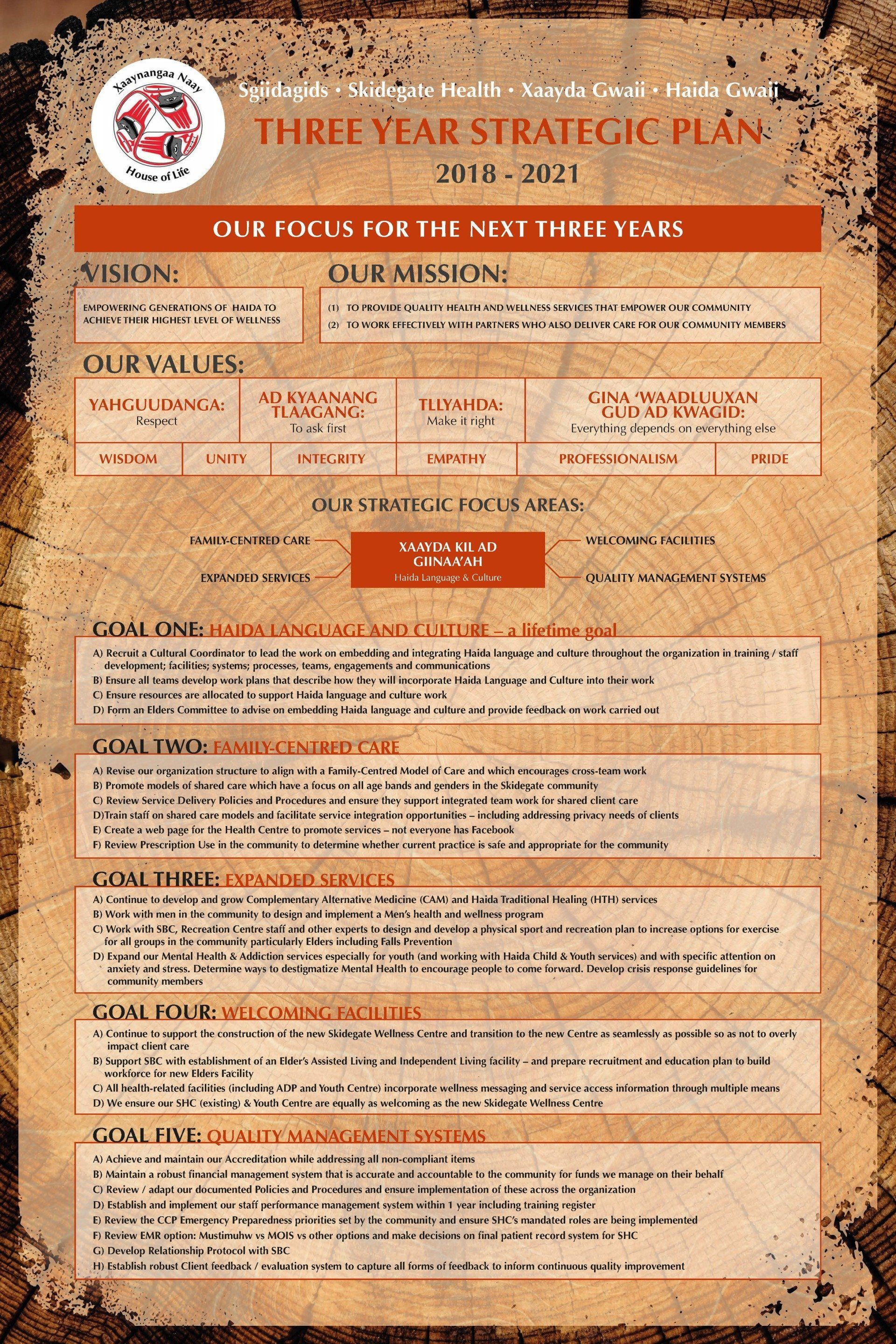
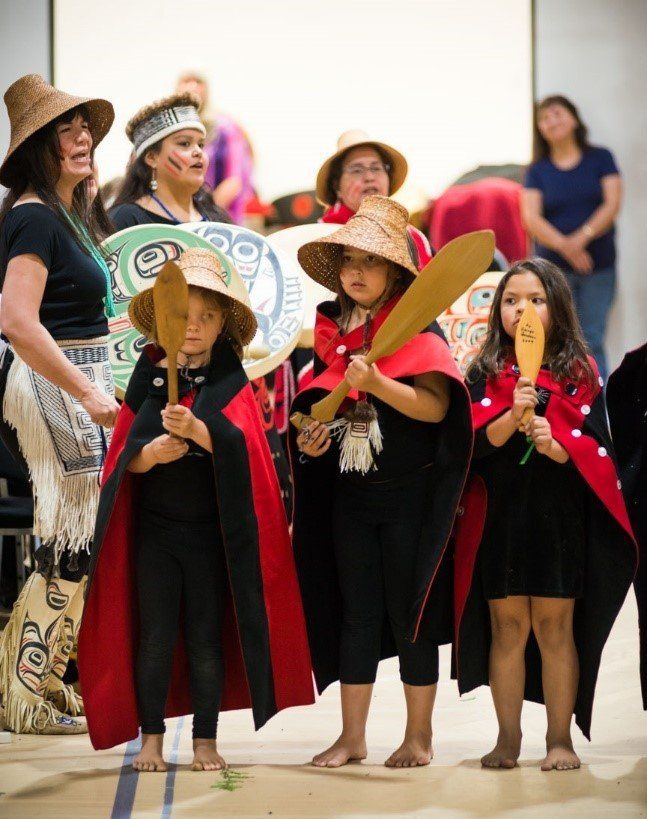
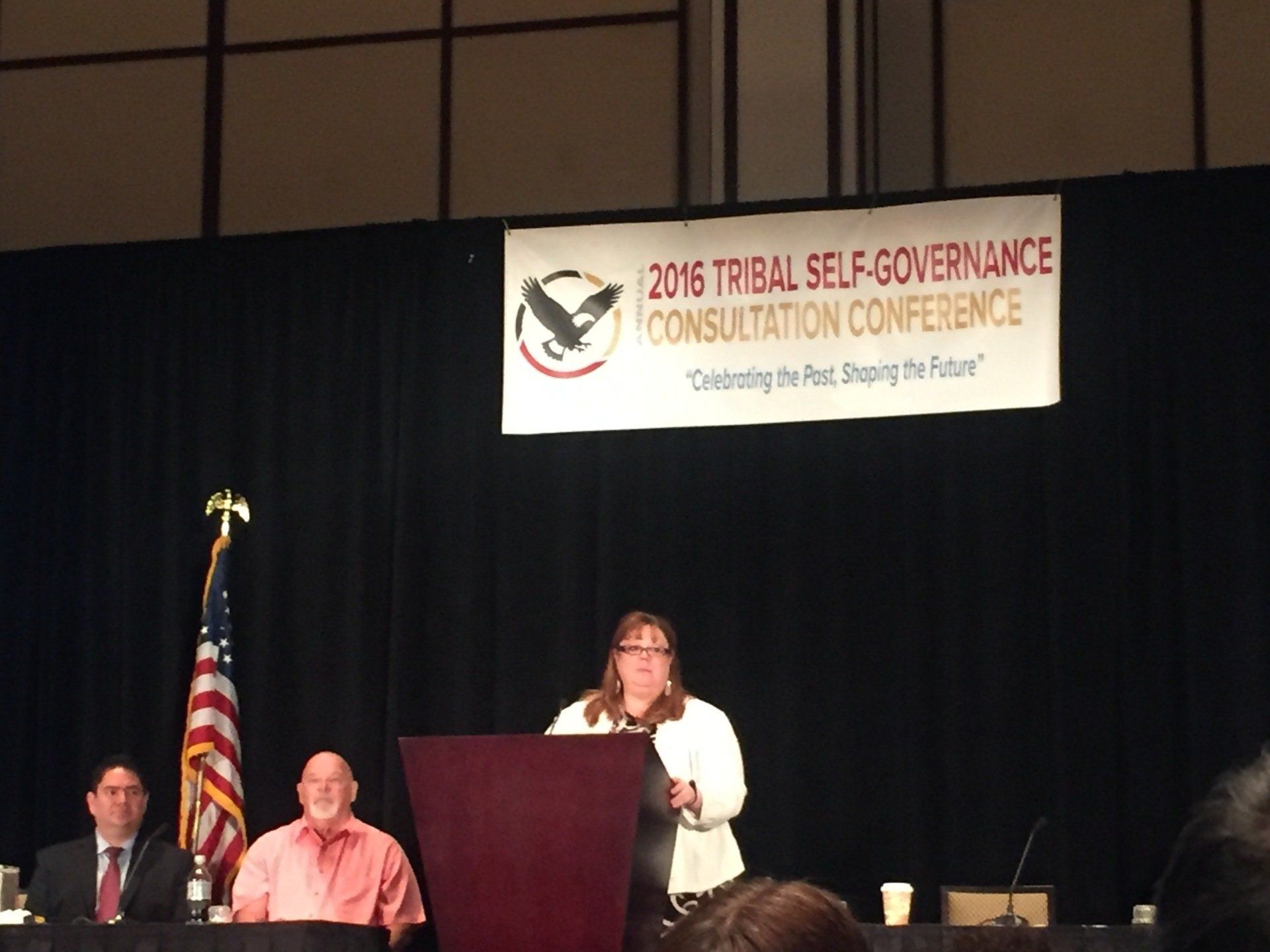
READ MORE POSTS
GET IN TOUCH
WE WOULD LOVE TO HEAR FROM YOU
Contact Us
Thank you for contacting us.
We will get back to you as soon as possible
Oops, there was an error sending your message.
Please try again later
NEW ZEALAND OFFICE
8 Birch Street,
Hilltop, Taupō 3330
Phone: 021 947 526
Email: mara@kahuitautoko.com
CANADA OFFICE
Unit 2601 - 717 Jervis Street
Vancouver, BC, V63 4L5
Phone: 1 604 569 1990
Cell: 1 778 837 2107
Email: careene@kahuitautoko.com
HAWAI'I OFFICE
Phone: 1 604 379 7526 (CA / US)
Email: mara@kahuitautoko.com
KEY STAFF CONTACTS
Mara (Director/Owner):
Phone: 0064 (0)21 947 526 (NZ) or 1 604 379 7526 (CA / US)
Email: mara@kahuitautoko.com
Careene (NZ Director / Senior Consultant):
Phone: 1 778 837 2107 (CA)
Email: careene@kahuitautoko.com
Patrick (Senior Consultant):
Phone: 0064 (0)21 131 9674 (NZ / US)
Email: patrick@kahuitautoko.com
Lisa (Senior Project Manager)
Phone: 0064 (0)27 353 5658
Email: lisa@kahuitautoko.com
TE TINI A MĀUI KAPA HAKA GROUP (Vancouver-based)
